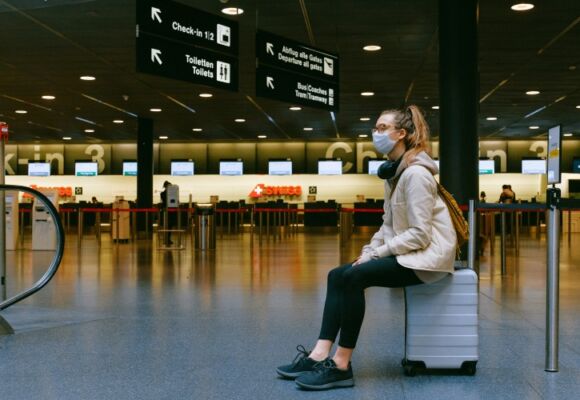What has changed?
The government has announced that the measures put in place under Plan B in England will be lifted. This means:
● You are no longer required to work from home. Employees should speak with their managers about a return to the office.
● From 20 January 2022, face coverings will no longer be advised for staff and pupils in secondary school and college classrooms.
● From 27 January 2022, there is no longer a legal requirement to wear a face covering. The government suggest that you continue to wear a face covering in crowded and enclosed spaces where you may come into contact with people you do not normally meet.
● Venues and events will no longer be required by law to check visitors’ NHS COVID passes, but this can still be used on a voluntary basis.
Evicting Tenants
The Coronavirus Act 2020 provided protection to social and private tenants by delaying when landlords can evict tenants. The provisions in this Act increased the notice periods landlords were required to provide to tenants when seeking possession of a residential property between 26 March 2020 and 30 September 2021.
Between 1 June 2021 and 30 September 2021, notice periods were required to be a least four months except in the most serious cases such as serious rent arrears or anti-social behaviour.
From 1 October 2021, all notice periods returned to the pre-pandemic position. This means that the minimum period of notice which must be given under section 21 is two months and, where a section 8 is relied on, the minimum notice period will depend on the grounds on which possession is sought.
The stay on possession proceedings, which was a separate measure imposed to mitigate the effects of the pandemic, expired on 20 September 2020 and all landlords are now able to progress their possession claims through the courts.
Bailiff Changes
Legislation preventing bailiff enforcement of evictions has also now expired. This measure was in place from 17 November 2020 until 31 May 2021. Orders can now be enforced where the landlord has a valid warrant of possession. However, bailiffs must provide 14 days’ notice of an eviction and have been asked not to carry out an eviction if they are made aware that anyone living in the property has COVID-19 symptoms or is self-isolating.
There is separate guidance issued by The Financial Conduct Authority governing mortgage repossessions. Details of this can be found on the Gov.Uk website.
Tenants were expected to pay rent as normal throughout the COVID-19 pandemic, however, there have been some serious rent arrear issues arise as a consequence. If you require any advice in relation to evicting a tenant or defending a Notice that has been sent to you as a tenant, please contact our Litigation Department.
